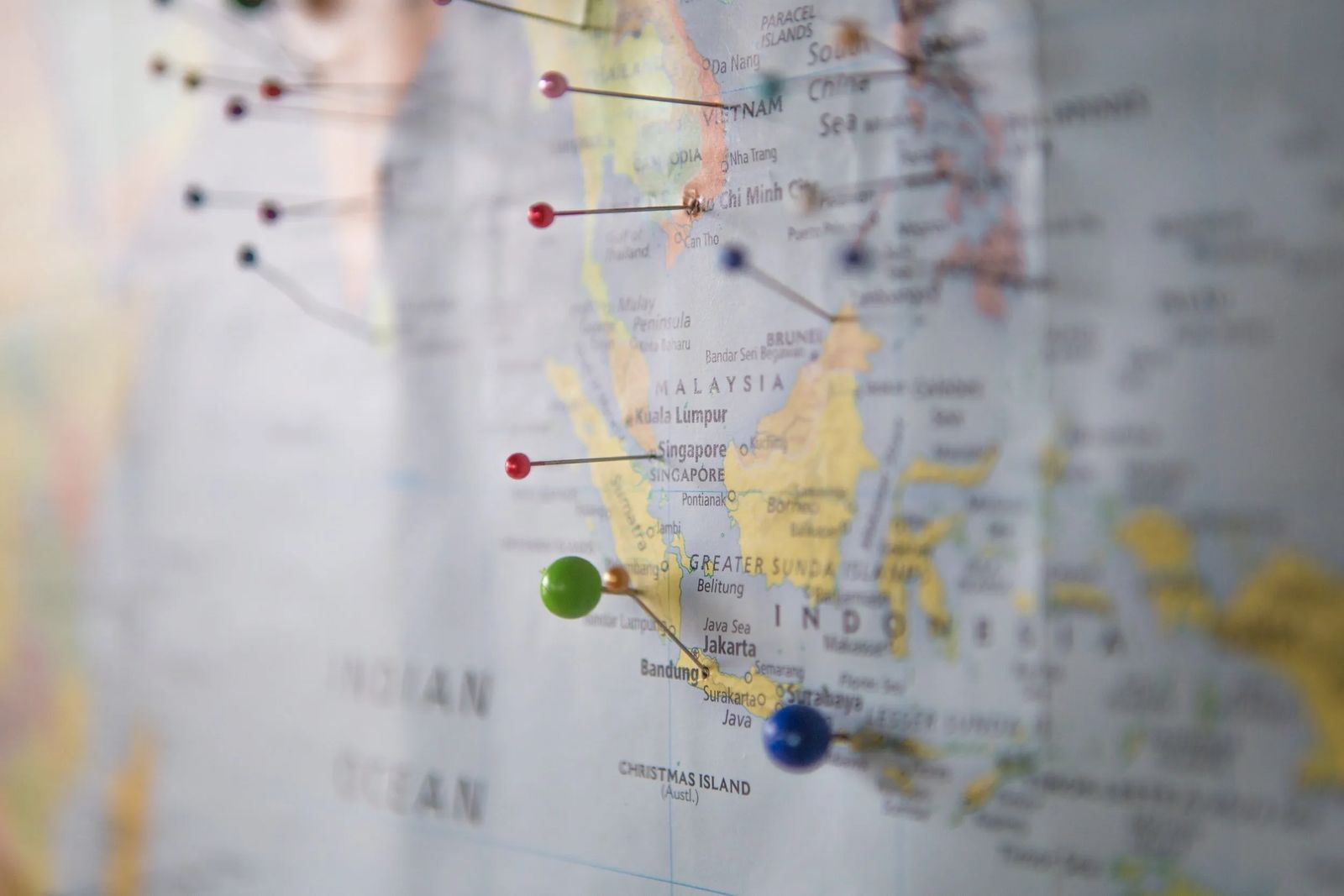
February 20, 2021
Sustainability --- Responsible Travel --- Respectful Travel --- Part 2
Welcome back to our quest to sort out and understand the meaning of Sustainability, Responsible Travel and Respectful Travel.
Our first step was to simply understand what these three terms mean --- do they mean the same thing or do they each mean something totally different, requiring us to respond differently to each of them? What kind of action should travelers put behind each of these?
This is definitely a journey! We’re very happy to have you traveling along with us!
To sort out the meaning of the three terms, we began by collecting as many of the most popular (and often confusing) words and phrases as possible that describe what actions should be taken to be kind to our earth and its inhabitants. Then we paired these action words and phrases with one of our three categories - Sustainability, Responsible Travel and Respectful Travel. Our attempt at doing this was presented in our previous blog -
Sustainability --- Responsible Travel --- Respectful Travel --- PART 1
We think we did ok with this. Our list is not complete by any means. However, it does present a very interesting look-see at the many actions that are currently thought to be needed if we are to live in harmony with our planet. And we can see how many of the action words we collected fit into more than one, maybe even into all three of the categories. Creating the list began to make things clearer but it was still obvious we had more work to do. Still not clear --- do we choose one action from each category and give it our attention or do we have to do all of these actions to be kind to our earth? And then, what can we as travelers do to be a part of it all? How do exploring and traveling fit into the picture?
So, for second leg of our journey, we have turned to the experts for advice. We have attempted to find out how some of the noted experts in the travel field relate to the action words and phrases we collected. How do they put order to the various ideas about being kind to our earth and its inhabitants? How do any of these actions relate to travelers? What can we possibly do?
We sought the knowledge of over a dozen experts (listed below). So, what did we learn?
Well, after listening to interviews with the above and/or reading their words of wisdom and advice, we have condensed everything we learned from them into three groupings that feel the most helpful to us and seem to include everyone’s suggestions of how to be kinder to our planet and its living inhabitants. In fact these groupings actually make sense out of most of the action words and phrases we previously collected.
TO BE KINDER TO OUR EARTH AND ITS LIVING INHABITANTS WE MUST ---
- Support Environmentally Friendly Practices that focus on taking care of our physical world. These are the reduce – reuse – recycle behaviors that are most frequently discussed under the term sustainability ( i.e. getting rid of single use plastics, reducing carbon output or ensuring clean water). The wellbeing of all living beings on our planet earth is directly linked to the wellbeing of our air, our water, our land, our plants and our animals. We need to be devoted stewards of our earth! As we travel we should pay attention to how our suppliers and our hosts take care of these parts of our earth. (Sort of what people mean when they refer to sustainability.)
- Protect the Cultural Heritage we find all around us. At first read this may seem like it’s nice but surely it pales in comparison to taking care of the physical environment, right? The answer is “No!” The two are of equal importance! Our cultural heritage defines who we are and frames how our lives have been lived since the beginning of human existence. It contains the wisdom of the ages and offers guidance for the future. We must make sure that the experiences we have when we explore the world present the real story and do not destroy or dishonor the past. (Sort of what people mean when they refer to respectful travel.)
- Ensure Direct, Positive Benefits to Local Communities. We must promote and protect the dignity and value of indigenous and local communities. This means embracing cultural diversity, protecting children around the world, lifting up the status of women and working to alleviate poverty everywhere we find it. We must take care of the world’s people! (Sort of what people mean when they refer to responsible travel.)
The experts emphasize that we need all of these actions, every one of them! They are also very keen that, as travelers, we have an opportunity to make some real changes happen in all three of these areas. As Carlos Christ suggests, traveling well and doing good go hand-in-hand. The advice from all of our very passionate experts is that we need to stop and look around wherever we are, think more deeply about what we see around us and understand how we fit into it. Then we should find out how we can make it better, rather than making it worse. We need to become attentive and active global citizens.
I have a much better understanding now of how we should attend to and care for our planet and all of its living things. And I’m not so worried about what words are used to describe it. Sustainability --- Responsible Travel --- Respectful Travel --- they all work for me. I think (I hope) I see the bigger picture!
I’m not at the end of my search for understanding!! But, as an educator and travel professional, I’m going to open up discussions with our traveling families about how we can use travel to ---
- protect the natural/physical world around us
- learn about and preserve the culture of local communities
- make sure our presence adds to the prosperity and the dignity of the places we explore.
Here at Children’s Concierge we’re going to work with our families to together take small steps to be kinder to our earth and its inhabitants. It might be locating a hotel for a family’s stay that only uses locally sourced food or a hotel that is run by people from the local community. It might be finding opportunities for a family to learn how to create a rooftop garden from a community gardener or learning how roof thatching has been done for hundreds of years. It could even be something as simple as providing our families with their own reusable water bottles. We want to be part (even if it’s only a small part) of the solution!
The next time you and your family travel, take a look around. There just might be small steps of kindness to our earth and its inhabitants that feel right for you to include on your journey.
Here are the experts whose advice and words of wisdom we sought:
- Pacific Discovery – a company that provides gap year and semester programs for young adults
- Costas Christ – founder of Beyond Green Travel, sustainability visionary and writer about traveling well by doing good
- Juliet Kinsman – sustainable luxury travel writer
- Horst Bayer – expert on sustainable business travel
- Bruce Poon Tip – founder of G Adventures and passionate activist for sustainability
- United Nations Foundation – creator of the Global Sustainable Tourism Criteria
- The Future of Tourism Council and its member organizations:
- Center for Responsible Travel
- Destination Stewardship Center
- Sustainable Travel International
- Green Destinations
- Tourism Cares
- The Travel Foundation
- The Global Sustainable Tourism Society
